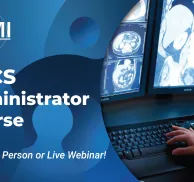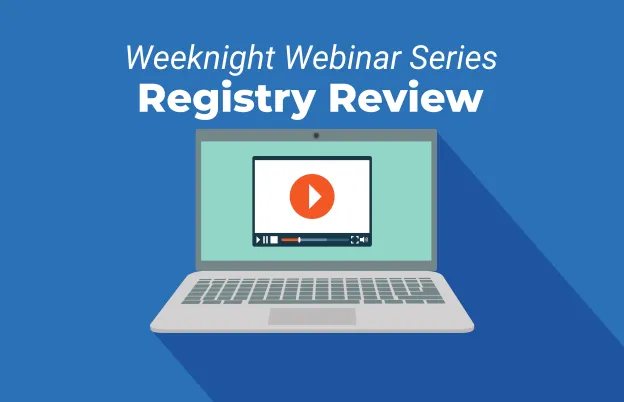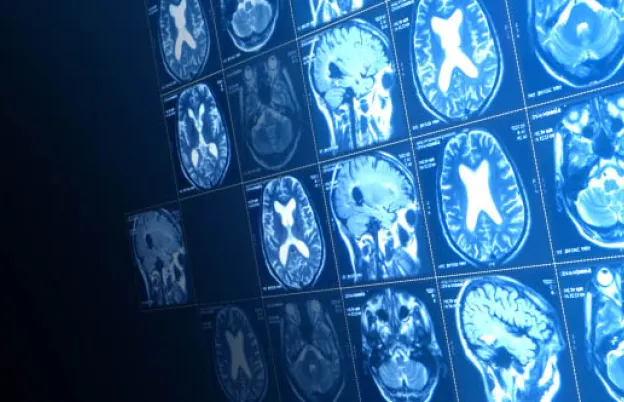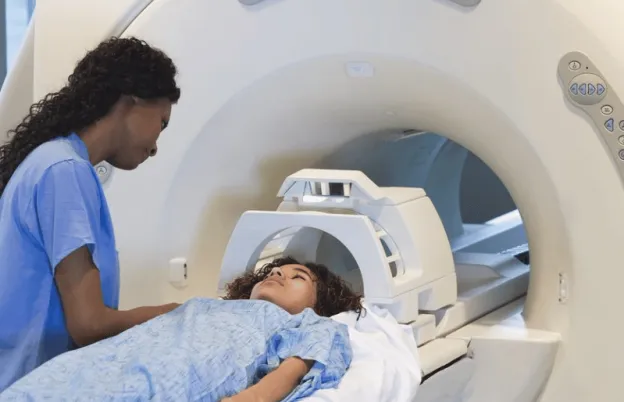
MRI Applications for the Practicing Technologist
About this Program
This webinar provides those RTs who have an interest in MRI as well as practicing MRI technologists, with an overview of MR instrumentation, basic tissue characteristics and image contrast. In addition, there will be a strong focus on artifacts, parameters and trade-offs.
This program was developed to provide you with a thorough overview of the MR techniques and options necessary to obtain high quality MR images. You will come away with useful applied information to help you take maximum advantage of the capabilities of your scanner and provide the best MR images.
Educational Objectives
Upon completion of this webinar, you should be able to:
- Understand the creation of the MRI signal, from precession to detection by the RF coil.
- Explain basic tissue characteristics (TI, T2, PD, and T2*) and identify images by these characteristics.
- Describe the various instrumentation systems used in MRI and their purpose, including gradients, radiofrequency, magnet and coils.
- Recognize artifacts seen on MRI images and discuss how they are caused and prevented
- Describe various MR parameters, their function, and trade-offs regarding image optimization.
Schedule
In-person and live webinar options
MRI Instrumentation
Image Contrast & Weighting
Spatial Encoding
|
| Break |
Data Collection
Image Formation
|
| Lunch Break |
Parameters and Trade-offs
|
| Break |
MR Artifacts: Causes, Remedies, and Parameter Changes
|
Audience
Who should attend?
- Practicing MRI Technologists
- Those RTs interested in MR
Program Faculty
Meet your presenter(s)

Barry Southers
M.Ed, RT(R)(MR)
Professor/Faculty Instructor/Director
MRI Section - AMIT Program
College of Allied Health Sciences
University of Cincinnati
Cincinnati, OH
Credits
Accredited training programs

ASRT Category A
This program provides 8 hour(s) of Category A continuing education credit for radiologic technologists approved by ASRT and recognized by the ARRT and various licensure states. Category A credit is also recognized for CE credit in Canada. You must attend the entire program to receive your certificate of completion.
Biennium CE Credits: 8Structured Education / CQR Credits: 8Tuition
Convenient payment options available
| Audience | Price | Early Price | Member Price | Member Early Price |
|---|---|---|---|---|
| Technologist | $199.00 | $189.00 | $179.00 | $170.00 |
Early Pricing Guidelines
Qualifying 'Early' registrations must be made at least 4 days in advance for the program.Cancellation Policy
Seminars/Webinars 8 hours of credit or more
Refunds, minus a $30 processing fee, will be granted for cancellations received at least 3 days prior to the program. Cancellations received within 3 days of the program will receive a credit toward a future MTMI program, minus the $30 processing fee. No refunds will be made after the program starts. MTMI reserves the right to cancel any scheduled program because of low advance registration or other reasons. MTMI’s liability is limited to a refund of any program tuition paid. MTMI recommends that attendees use refundable airline tickets. In case of cancellation of a program for any reason, MTMI is not responsible for travel costs incurred by attendees including non-refundable airline tickets. When offered, WEBINAR ATTENDEES that cannot log in due to unsolvable technical issues beyond their control will be eligible for a full refund.
Acknowledgements
Thank you for your support













